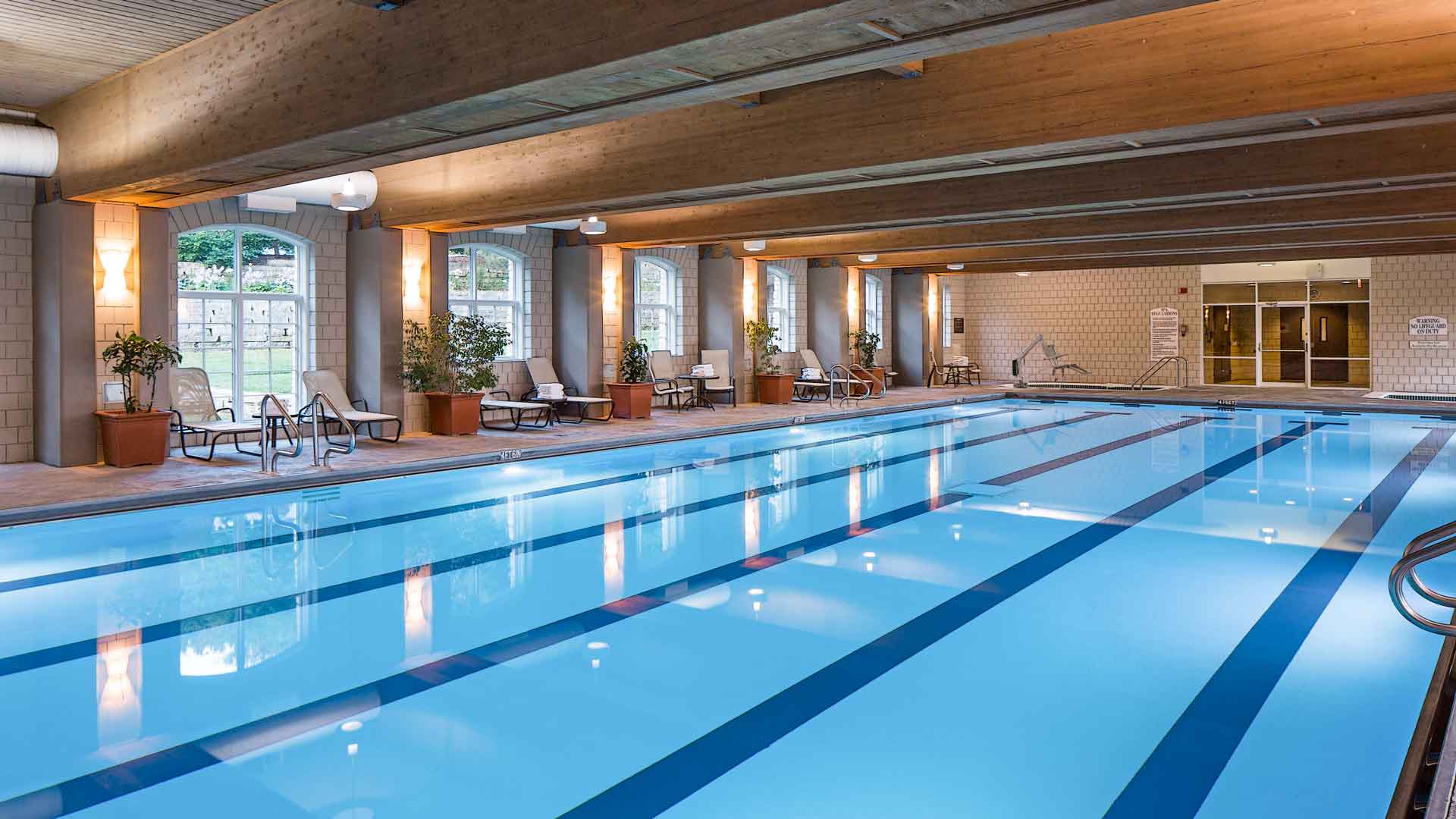Swimming is one of the most beneficial activities for children—it’s fun, healthy, and builds valuable life skills. But when it comes to choosing between an indoor and outdoor pool for your child, many parents find themselves unsure which option is best. Both offer unique advantages and drawbacks, depending on your child’s age, personality, health needs, and your local climate.
Let’s dive into the pros and cons of indoor vs. outdoor pools to help you make the right decision for your family.
Indoor Pools: Controlled, Consistent, and Convenient
Pros:
- Year-Round Access:
Indoor pools are typically open all year, regardless of the weather. This is ideal for maintaining a consistent swim schedule, especially in colder or rainy climates. - Stable Environment:
The temperature of both the water and air is regulated, making indoor pools more comfortable for children, particularly babies and toddlers who are sensitive to cold. - Better for Sensitive Skin:
Less exposure to the sun means reduced risk of sunburn, especially for kids with fair or sensitive skin. - Improved Focus:
With fewer distractions like insects, loud outdoor noises, or unpredictable weather, indoor environments can be better for structured lessons.
Cons:
- Lack of Sunlight:
Children don’t get the benefit of natural vitamin D, which is important for bone development and immune function. - Ventilation Concerns:
Some indoor pools may have stronger chlorine odors or less airflow, which could irritate sensitive eyes or airways in some children.
Outdoor Pools: Fun, Fresh Air, and Sunlight
Pros:
- Natural Surroundings:
Many kids find outdoor pools more exciting thanks to the open space, fresh air, and exposure to nature. - Vitamin D Boost:
Sunlight helps the body produce vitamin D, which supports healthy growth and mood regulation in children. - More Room to Play:
Outdoor pools often have more space and extra features like water slides or splash zones, which add to the fun and physical activity. - Summer Experience:
Outdoor swimming gives kids that classic “summer” feeling, often associated with vacation, freedom, and fun memories.
Cons:
- Weather Dependent:
Rain, wind, or extreme heat can limit swim time. Outdoor pools are often seasonal and may only be open during warmer months. - Sun Safety Required:
Prolonged sun exposure means you’ll need to be vigilant about sunscreen, hats, and staying hydrated. - Distractions and Overcrowding:
Public outdoor pools can be busy and noisy, which might overwhelm some children or reduce focus during lessons.
Which Pool Type Is Best for Your Child?
There’s no one-size-fits-all answer—it really depends on your child’s needs and your lifestyle:
- For structured lessons or kids who need consistency and routine, indoor pools are likely the better choice.
- For seasonal fun, active play, or family outings, outdoor pools offer a more relaxed and joyful atmosphere.
- If your child has respiratory issues or skin sensitivities, it’s important to consider ventilation (indoor) and sun protection (outdoor).

Tinggalkan Balasan